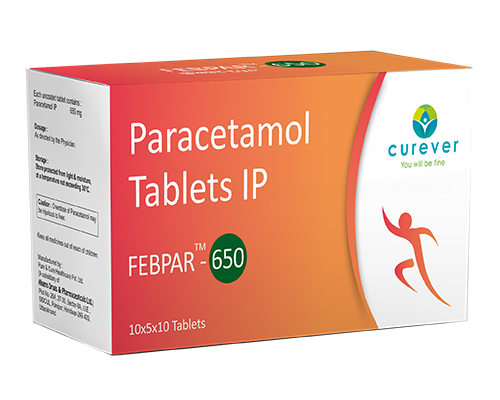
Company Name : Curever Pharma
Dosage Form : TABLET
Route of Administration : Oral
Therapeutic Category : Pain Relief
Pack Size : Strip of 10 Tablets
**(Note : Prices are subject to change depending on the batch availability)
*** The Substitution of the prescription will be done after approval/consent of your Registered Medical Practitioner: By Reference Pharmacy Practice Guideline 2015. India
*** Please ensure that you have Original prescription ready to show our Pharmacist once he comes to deliver the medicines. In absence of Original prescription, we will unable to hand over the medicines.
| Drug not to be used with alcohol | Alcohol may increase the risk of paracetamol (acetaminophen)-induced hepatotoxicity, which has included rare cases of fatal hepatitis and frank hepatic failure requiring liver transplantation. The proposed mechanism is induction of hepatic microsomal enzymes during chronic alcohol use, which may result in accelerated metabolism of acetaminophen and increased production of potentially hepatotoxic metabolites. |
| Drug Interaction with Molecules | Drug Interaction |
|---|---|
| No Data Available | |